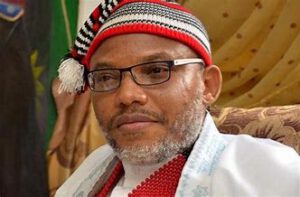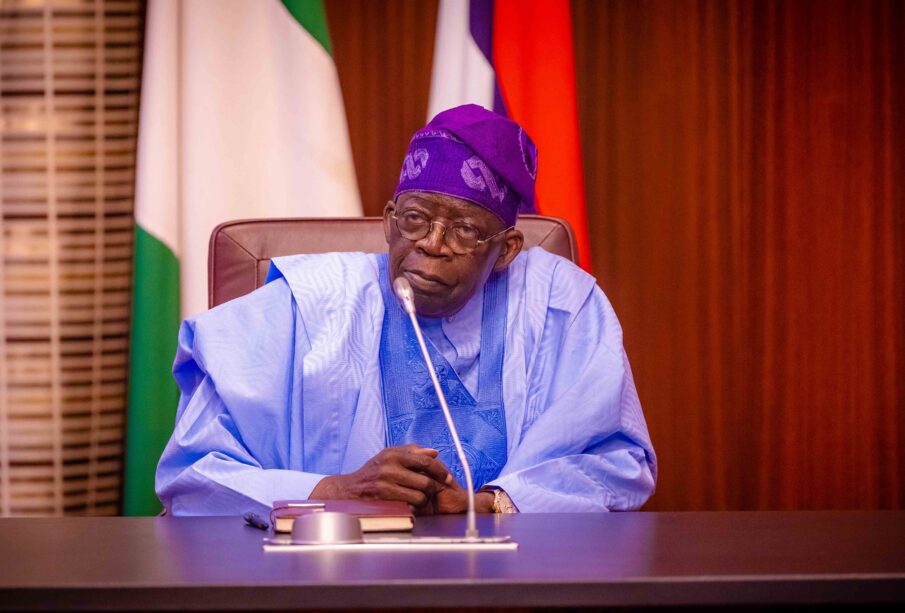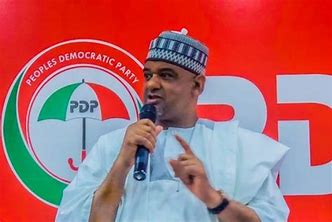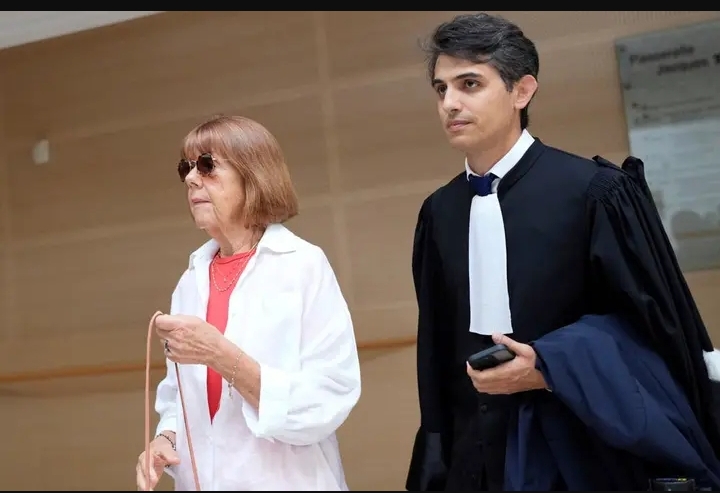
Kanu
Justice James Omotosho had earlier approved the prosecution’s request to shield witness identities due to the sensitive nature of the case. The defence raised no objection, allowing the court to proceed with the use of face coverings and protective screens during testimony.
As part of the evidence submitted, a video recording of Kanu’s initial interrogation at the DSS office was played in court. In the footage, Kanu openly identified himself and described his role as the founder of Radio Biafra. He admitted to leading the station’s operations, though he noted that while in Nigeria, the day-to-day broadcasts were handled by his deputy, Uche Mefor, based in the United Kingdom.
Kanu acknowledged that Radio Biafra was not licensed to operate in Nigeria, admitting that applying for one would likely have been futile. He stated that the station’s aim was to advocate for the freedom and self-determination of the South-East and South-South regions, as well as parts of Benue and Kogi states.
Despite the nature of the charges against him, Kanu reiterated in the video that he was not involved in any form of violence and maintained that his movement’s actions were lawful under international principles of self-determination. He described his mission as a struggle to uplift marginalized populations and denied orchestrating any violent or subversive activities.
The trial continues amid growing scrutiny, with both national and international observers watching closely as the Federal Government prosecutes the case. The next court session is scheduled for May 2, 2025.





